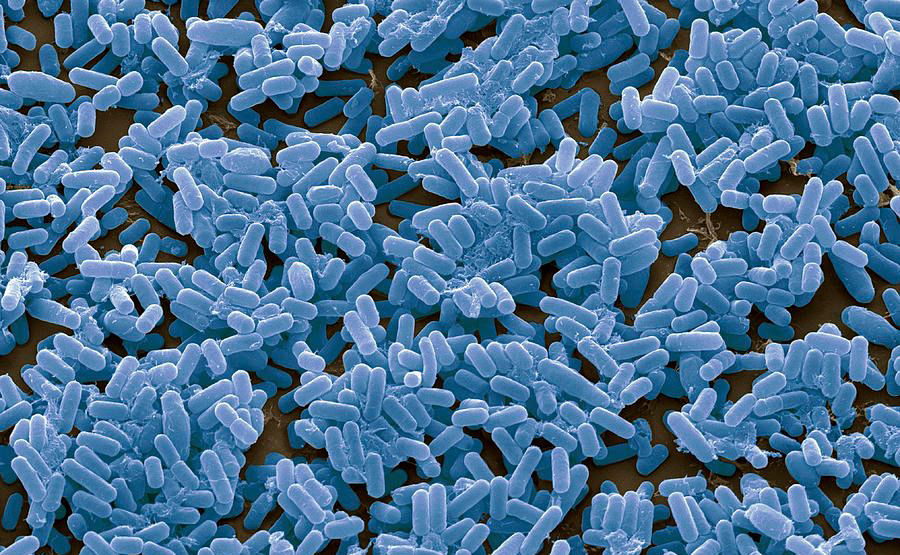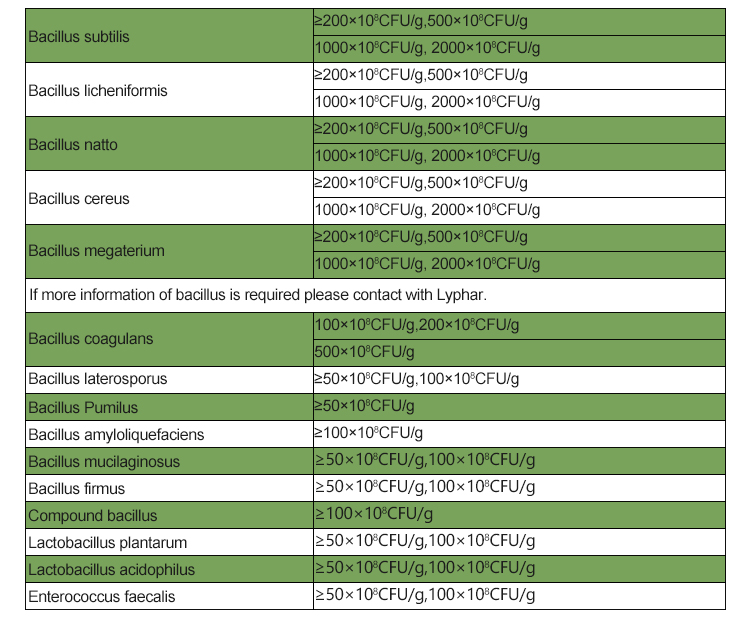Bacillus subtilis is a gram-positive, rod-shaped bacterium commonly found in soil and the gastrointestinal tract of humans and animals. It has numerous beneficial effects and functions in various fields, including agriculture, biotechnology, and medicine. Here are some of the key functions and effects of Bacillus subtilis:
1. In Agriculture:
- Biocontrol Agent: Bacillus subtilis is often used as a biocontrol agent to protect plants against various pathogens. It produces antimicrobial compounds like lipopeptides, which inhibit the growth of harmful bacteria and fungi. These compounds help protect crops from diseases like blight and root rot.
- Soil Health: It can improve soil health by promoting nutrient cycling and improving soil structure. Bacillus subtilis also produces enzymes that break down organic matter, which helps release nutrients that are vital for plant growth.
- Plant Growth Promotion: Bacillus subtilis can promote plant growth by synthesizing growth-promoting substances such as indole acetic acid (IAA) and gibberellins. It can also increase the availability of essential nutrients like phosphorus.

2. In Biotechnology:
- Industrial Enzyme Production: Bacillus subtilis is widely used in the production of enzymes such as amylases, proteases, and cellulases. These enzymes are used in various industries, including detergents, food processing, and animal feed production.
- Protein Expression System: Bacillus subtilis is also used as a host for recombinant protein production because it is relatively easy to manipulate genetically and can secrete large amounts of proteins directly into the culture medium, making it useful in biotechnology and pharmaceutical industries.
3. In Medicine:
- Probiotic: Bacillus subtilis is sometimes used as a probiotic in dietary supplements. It may help balance gut microbiota by inhibiting pathogenic bacteria and promoting a healthy digestive system.
- Antimicrobial Activity: Bacillus subtilis produces various antimicrobial compounds, including bacitracin, which is effective against certain bacterial infections. Some of these compounds have potential therapeutic applications for treating infections caused by antibiotic-resistant bacteria.
4. In the Environment:
- Bioremediation: Bacillus subtilis has been studied for its ability to degrade environmental pollutants, including hydrocarbons and pesticides. It can break down harmful substances, thus aiding in environmental cleanup processes.

5. In Fermentation:
- Fermentation Process: Bacillus subtilis plays a role in various fermentation processes. It is used in traditional fermentation of foods like soy sauce and natto (a fermented soybean dish), contributing to the production of flavor compounds.
Summary of Effects and Functions:
- Promotes plant growth and protects against diseases in agriculture.
- Used in industrial enzyme production for various commercial applications.
- Potential probiotic and antimicrobial properties that may be useful in medicine.
- Environmental cleanup and bioremediation through the breakdown of pollutants.
Bacillus subtilis is a versatile bacterium with important applications across various fields.
